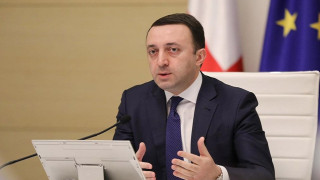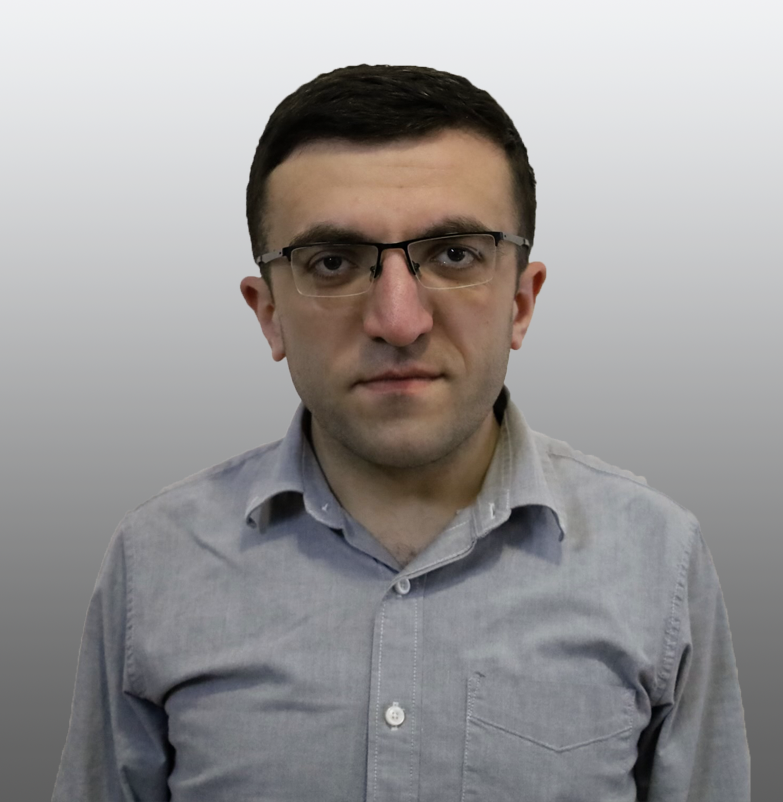Irakli Gharibashvili: “In the last period, passenger flow at the airports has been increasing by 30% annually.”
Verdict: FactCheck concludes that Irakli Gharibashvili’s statement is MOSTLY TRUE.
Resume: As compared to 2015, the total passenger flow in all three international airports in Georgia (Tbilisi, Kutaisi and Batumi) increased by 26% in 2016, followed by a 43% growth in 2017, a 24% growth in 2018 and a 3% growth in 2019. The main reason behind declining growth rate was the suspension of direct Russia-Georgia flights from July 2019. If the passenger flow at Tbilisi airport increased by 11.6% in January-June 2019, it dropped by 12.3% in the second half of the year.
After the pandemic, passenger flow increased by 33% in the first quarter of 2023 as compared to the same period of 2022 and by 3% as compared to the same period of 2019, reaching 1,050,000.
Analysis:
On 5 June 2023, at the session of the Government of Georgia, Prime Minister Irakli Gharibashvili talked about the necessity of building a new Tbilisi airport and stated (from 3:58): “We have been observing in the last years that there is an almost 30% growth of passenger flow in the country [at the airports]…. There are direct flights to 58 cities across the world from Georgian airports and we have regular air travel with 31 countries.”
There are only three international airports in Georgia: Tbilisi, Batumi and Kutaisi. Tbilisi and Batumi airports are operated by the Turkish TAV whilst Kutaisi airport is state-owned.
Tbilisi Shota Rustaveli International Airport remains the country’s major airport accounting for 71% of the passenger flow in 2019 and 68% in 2022. Since 31 October 2005, Turkish TAV has been operating the airport and the Georgian side is forbidden to build another international airport in the vicinity of 150 kilometres until 2027 according to the contract.
Kutaisi Airport was rebuilt and opened on 27 September 2012. The Hungarian low-cost Wizz Air airline started flights to European cities from Kutaisi for relatively affordable prices. As early as in 2013, passenger flow at the Kutaisi Airport reached 188,000.
Batumi Airport which is also operated by TAV was ranked the second in terms of passenger flow until 2018 (except for 2014) and has been ranked third from 2018. In 2019, the share of Batumi Airport in the passenger flow was 12% and in the first quarter of 2023 it was 14%.
Graph 1: Passenger Flows at Georgian Airports

Source: Georgian Civil Aviation Agency
If we assume that 2016-2019 are the “latest” years because of the pandemic and COVID-related regulations, it turns out that there is a 23% growth in passenger flow annually, including a 19% growth at Tbilisi airport, a 29% growth at Batumi airport and a 48% growth at Kutaisi airport.
The growth rate was much higher in 2021 and 2022, although there was an 84% in 2020. This is naturally a base effect caused by the restoration of the limited travel during the COVID-19 pandemic.
The first quarter of 2023 will be more relevant in order to identify signs of the latest trends because this is when passenger flow increased by an additional 33% and reached 1,050,000 which is 3% higher as compared to the same period of 2019.
In the first quarter of 2023, Tbilisi International Airport served 714,000 passengers. Although this constitutes a 41% growth as compared to the same period of the previous year, there is still no recovery from the pre-pandemic figure. Growth was observed both vis-à-vis the previous year and the pre-pandemic situation at Kutaisi and Batumi airports. Passenger flow at the Batumi Airport reached 77,000 which is a 49% growth as compared to 2019 and a 13% growth as compared to the same period of 2022. In regard to Kutaisi Airport, passenger flow reached 253,000 in the first quarter of 2023 and the growth rate reached 108% and 61% as compared to the same periods of 2019 and 2022, respectively.
Graph 2: Average Annual/Quarterly Growth Rate of Passenger Flow

Source: Georgian Civil Aviation Agency
Direct flights between Russia and Georgia were stopped on 9 July 2019. This development was also reflected in the statistics – prior to the suspension of flights in 2019 passenger flow at Tbilisi airport increased by 11.6% whilst it decreased to such an extent that the total decline was 3% by the end of 2019 as compared to the previous year. Such a decrease naturally hindered the passenger flow growth rate all across Georgia because Tbilisi airport would have served four million passengers if the growth rate had been kept. By the end of the year, however, this figure was only 3.692 million. The situation was the same at Batumi airport. After 30% growth in the first half of the year, passenger flow decreased so drastically in the second half of 2019 that the total figure dropped by 8% at the end of 2019. However, passenger flow continued to grow at Kutaisi airport and outperformed the previous year’s figure by 256,000 passengers. Despite suspending direct flights between Russia and Georgia, passenger flow at all of Georgia’s international airports still increased by 3% in 2019.
Direct Russia-Georgia flights have resumed from 19 May 2023. It is hard to have an accurate estimate of the impact of this decision. In any case, there will be a growth of mobility, although the volumes currently remain unknown. Many things still depend on Russia’s war against Ukraine and the sanctions. It is possible that migration from Russia will increase further, Russian authorities will close the borders for all or some of their citizens or there will be an expansion of the sanctions in such a manner that Russian airlines are no longer able to fly to Georgia as well as potential other future developments. Therefore, it is currently impossible to make forecasts.
Nonetheless, the current dynamic is growing which is confirmed by a 33% growth in the first quarter of 2023. The average annual growth before the pandemic was relatively less – at 23%. In his statement the Prime Minister made emphasis on Tbilisi airport where the growth rate was on average 19%. The actual figures differ from the figure (30%) in the Prime Minister’s statement, although its context is fully accurate. Therefore, FactCheck concludes that Irakli Gharibashvili’s statement is MOSTLY TRUE.








